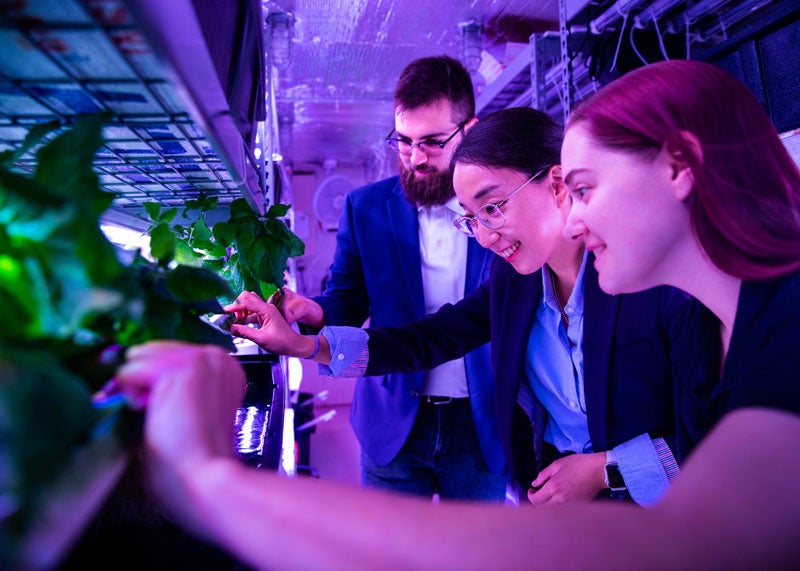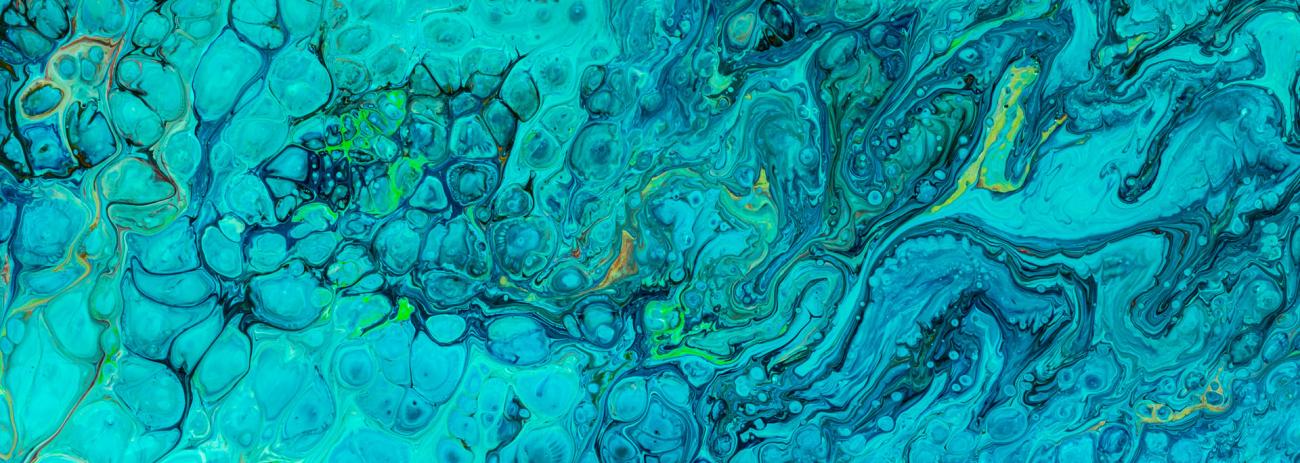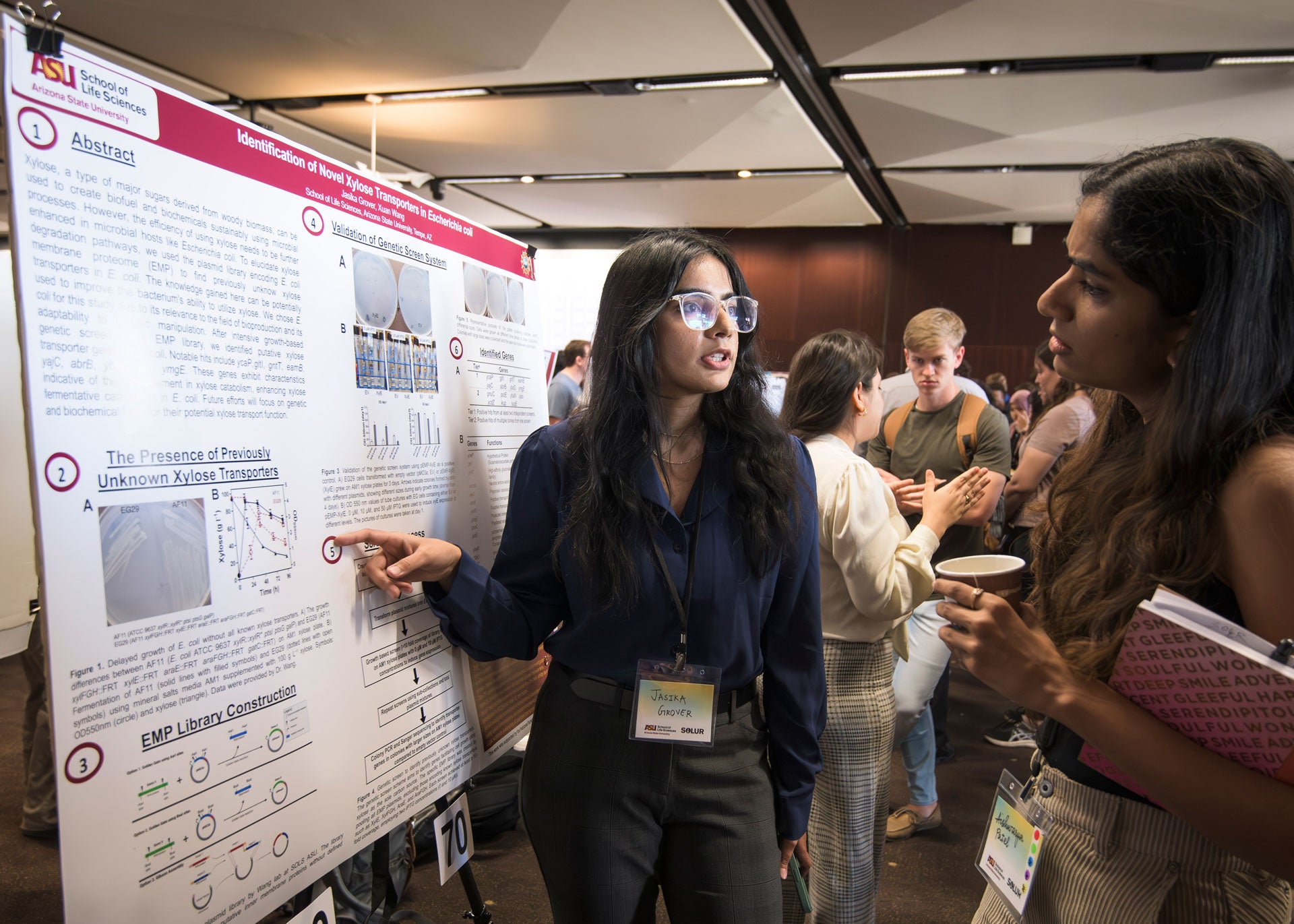The Research for Inclusive STEM Education (RISE) Center is hosting the third annual STEM Inclusion Summit on Wednesday, Nov. 6, 2024.
9 a.m. - 2 p.m.
Memorial Union, Arizona Ballroom
The purpose of the summit is to convene the ASU community to learn about current research and initiatives related to diversity, equity and inclusion in STEM at ASU. All speakers are invited and there are opportunities for individuals to present their own research, teaching strategies, or initiative as either a poster or information booth! This is a great opportunity to get feedback on your work or initiative and to meet other like-minded folks at ASU.

Hosted by
Research for Inclusive
STEM Education (RISE) Center
Where
Memorial Union
Arizona Ballroom
When
Wednesday, Nov. 6, 2024
9 a.m. - 2 p.m.
Schedule
Summit schedule
| Time | Session | Presenter |
| 9 a.m. | Welcome and ASU is defined by who we include | Kenro Kusumi |
| 9:10 a.m. | How ASU is striving for inclusive excellence: an update from the Office of Inclusive Excellence | Amalia Pallares |
| 9:20 a.m. | Lightning Talks - Session One | |
| Concealable stigmatized identities of instructors | Sara Brownell | |
| Depression in Science Faculty: The impact of research, teaching, mentoring, and service on science faculty depression | Katelyn Cooper | |
| ASU Advance: Where it started, how it stands | Monica Gaughan | |
| 10 a.m. | BREAK | |
| 10:10 a.m. | Table Talk and Idea Walk | |
| Free Mom Hugs, ASU IT Accessibility, oSTEM, Rainbow Student Coalition, WiSTEM , Faculty Women's Association, Jewish faculty staff association, Employment Assistance & Social Engagement (EASE), Committee for Campus Inclusion, LGBTQ+ Faculty and Staff Association and more! | ||
| 11:10 a.m. | BREAK | |
| 11:20 a.m. | Lightning Talks - Session Two | |
| ASU is an HSI, What Does That Mean? | Lisa Magana | |
| STEM Instructor Belief Profiles re: "DEI" issues and initiatives | Naneh Apkarian | |
| Do our online astronomy students belong? Comparing sense of belonging and science identity between in-person and online students | Chris Mead | |
| Learning Engineering to Enhance Student Success (and the FOLC Fest) | Danielle McNamara | |
| 12:00 p.m. | LUNCH | |
| 12:30 p.m. | Poster session one | |
| 1:15 p.m. | Poster session two | |
| 2:00 p.m. | Event wrap up |
Posters
Poster presentation
| Poster | Poster Title | Team |
| 1a | Should I reveal that I have bipolar disorder on my medical school applications? | Baylee Edwards, Corinne Mitra, Hailey Bunch, Sam Maas, Anna Abraham, Katelyn Cooper, Sara Brownell |
| 1b | How depression fluctuates over time in science doctoral students | Jynx Pigart, Katelyn Cooper |
| 2a | The upside to depression: Undergraduates benefit from an instructor revealing depression in a large-enrollment physiology course | Nolina Doud, Tasneem Mohammed, Sara Brownell, and Katelyn Cooper |
| 2b | Accessibility in STEM: Ten Semesters of Inclusion in Wet-Lab Research for Online Students | Sarah Waterman, Eleanor Roads |
| 3a | “Teach me, Big Sis!” Older sibling effects on curiosity behaviors in early childhood. | Christina Stewart, Julie Vaisarova PhD, Natalia Gonzalez, Isabella Ira, Dylan Perazzo, Madison Saldano, Subhana Siddiqui, Kelsey Lucca PhD |
| 3b | To what extent do different demands of academia affect science faculty mental health? | Tasneem F. Mohammed, Sara E. Brownell, Katelyn M. Cooper |
| 4a | Students respond positively to an instructor collecting and sharing class demographic data from a survey in a high-enrollment physiology course | Baylee A. Edwards, Jude Kolodisner, Jacob Youngblood, Katelyn M. Cooper, and Sara E. Brownell |
| 4b | REAL CHEM: Enhancing Equity in Introductory Chemistry | Xavier Wallace, Kim Larson, Chris Mead, & Ariel D. Anbar |
| 5a | Fail-Safe Science | Olivia Davis, Teona Savic, Katelyn Cooper |
| 5b | International Science Postgraduate Mental Health Alliance | Olivia Davis, Teona Savic, Katelyn Cooper |
| 6a | Undergraduate science instructors across the US revealing their LGBTQ+ identities in class benefited students with marginalized identities | Parth Bhanderi, Carly Busch, PhD, Sara Brownell, PhD, Katelyn Cooper, PhD |
| 7a | The next generation is coming out in class: Revisiting the experiences of LGBTQ+ undergraduates in active learning science courses | Mary A. Kahraman, Felicity E. Miranda, Katelyn M. Cooper |
| 7b | Data refusals, responses, and re-orientations | Kieran Noback, Amalie Strange |
| 8a | Are High Impact Practices Accessible for All? | Danielle Pais |
| 8b | Building a culture of inclusive excellence for in person and online learning | Jim Collins |
Booths
| Table | Table Talks |
| 1a | |
| 1b | |
| 2a | |
| 2b | |
| 3a | |
| 3b | |
| 4a | |
| 4b | |
| 5a | |
| 5b | |
| 6a | |
| 6b | |
| 7 | |
| Idea Walk | |

